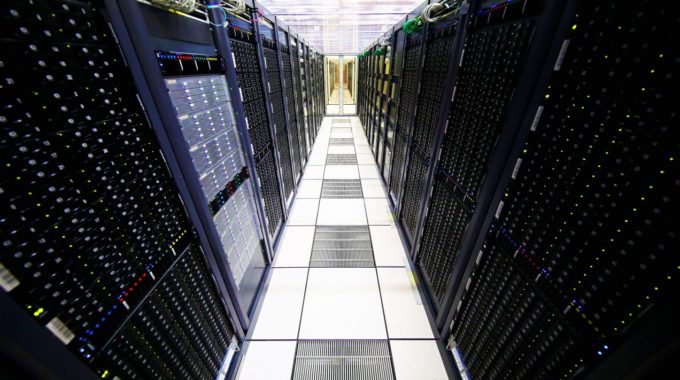
The Possible Impact of AI on Our Future
Today, technology has had a substantial influence on nearly every functional area of the world. Not only has physical work dropped, but the rate at which everything is done has substantially improved, possibly giving businesses the option to accomplish more in less time. This has also had a favorable influence on corporate operating models since more can be done with less investment, time, and energy, allowing the remaining components to be employed to achieve something more productive. AI is one of the most recent and astounding technologies that large corporations are bringing to light. Artificial intelligence, or AI, is intelligence displayed by machines. But, given that AI decreases manual labor, it also limits job prospects; that it takes less investment to do a job, it requires more of it for its installation; and since it is highly progressed, are we ready to make effective use of it?; it is crucial to consider what could be the possible impact of AI on our future. Let us find out what Yann LeCun has to say about the possible impact of AI on our future in this MIT Technology Review article.
The first significant element he discusses is establishing parallels between machine intelligence and common sense. According to the paper, teaching robots common sense is difficult. According to LeCun, today’s neural networks require thousands of samples before they can detect such patterns. One of the key drawbacks cited by LeCun is that robots are being trained to predict exactly what will happen in relation to each and every physics law that is applied. However, he feels that the training should focus more on the important areas of the world. Second, he thinks that a configurator is critical to improving the functionality of this technology and increasing the overall impact of AI. Older ideas, he claims, may be rehabilitated by integrating them with deep learning. He opposes both the traditional method, such as image-making models and reinforcement learning. He opposes the traditional method because he does not believe it can produce human-level AI. He argues that these enormous models are only capable of manipulating pictures and language. On the other hand, he is skeptical about reinforcement learning since it needs massive quantities of data to train models to do even simple tasks. The article concludes by stating that whichever method works best to produce a technology that finally works, it must be considered what it takes for AI to operate properly in a society, which includes thinking about ethical conduct, among other things. He proposes that language models and reinforcement learning are not the only routes ahead and that a new strategy must be developed so that the overall impact of AI remains beneficial for our future.
Even though it has not completely evolved, AI is one of the most innovative technologies that has led to tremendous change. Whatever the impact of AI has been up to this point has been seen globally, and what may happen in the future is examined in this essay by Yann LeCun on the website of MIT Technology Review.
For deeper insights into AI and other exponential and digital technologies, and to be able to lead the technological transformation, visit, MIT PE Technology Leadership Program (TLP).


















